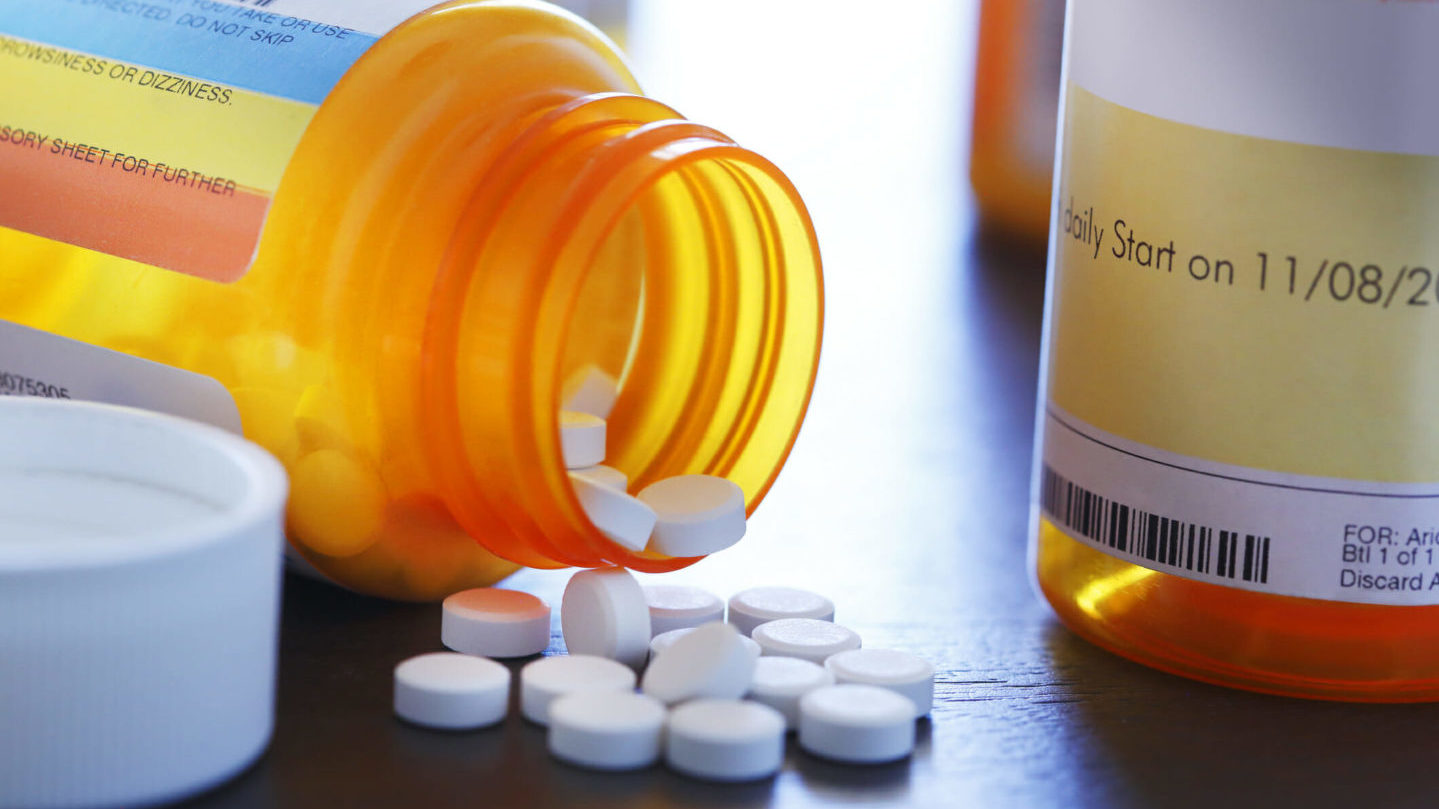
Following surgery for bone fracture, over-the-counter aspirin may be just as effective as the blood thinner heparin at preventing life-threatening blood clots, according to a study published Wednesday in the New England Journal of Medicine.
Patients who require surgery for fracture usually receive heparin afterward to reduce the risk of blood clot-related complications and death. The new study included more than 12,200 patients with fractures to their extremities who were treated surgically, or who had any fracture to the pelvic area or to the ball and socket area of the hip joint. These participants were randomly assigned to receive 81 mg of aspirin twice daily or 30 mg of low-molecular-weight heparin twice daily. Researchers followed patient outcomes for 90 days.
Equal efficacy
Aspirin was comparable to low-molecular-weight heparin in preventing death, investigators found. Patients who took aspirin had relatively low 90-day mortality. They also had low incidences of deep-vein thrombosis (blood clots in the deep veins) and pulmonary embolism (blood clots in the arteries to the lungs), reported principal investigator Robert O’Toole, MD, chief of orthopedics at the University of Maryland Medical Center.
The investigators foresee their findings having an impact on clinical practice and possibly even altering the standard of care.
“Many patients with fractures will likely strongly prefer to take a daily aspirin over receiving injections after we found that both give them similar outcomes for prevention of the most serious outcomes from blood clots,” O’Toole said in a statement.
Blood clots affect about 900,000 Americans each year, resulting in nearly 100,000 deaths, according to the Centers for Disease Control and Prevention. About half of all blood clots occur during a hospital stay or surgery, or within three months afterward. But taking proper precautions such as taking blood thinner can prevent many of these clots, the CDC reports.
Patients are at particularly high risk of a clot when they experience Broken bones or have major surgery, particularly of the pelvis, abdomen, hip or knee.
Related articles:
Heparin emerging as a lifesaver for moderately ill COVID patients
Risk of blood clots remains almost a year after COVID-19
Is It COVID-19 or a blood clot? Important distinguishing symptoms to know
Psychological resilience boosts walking abilities after hip fracture: study
LTC hip-fracture rates rise where fracture-linked drug prescriptions abound
Osteoporosis med ‘holiday’ may come with 18% higher risk of fracture



